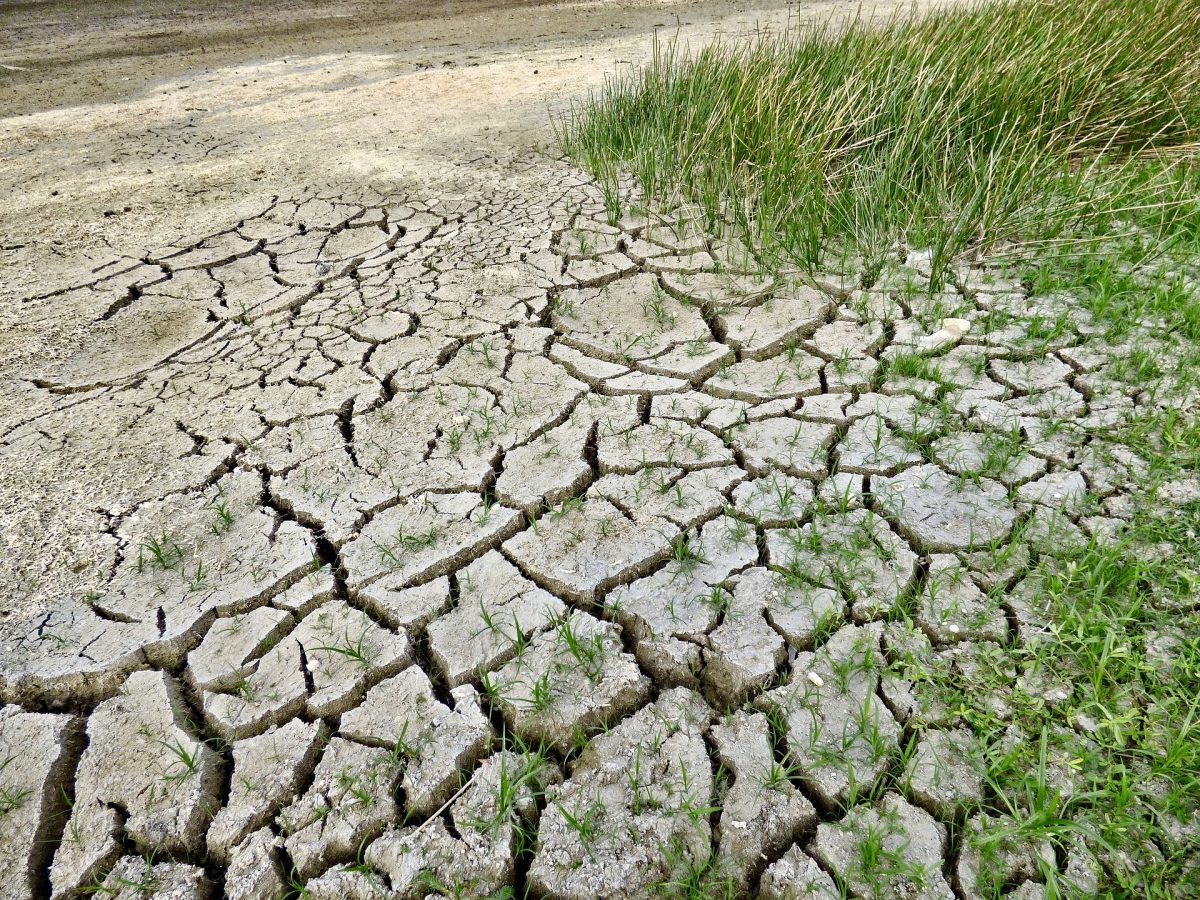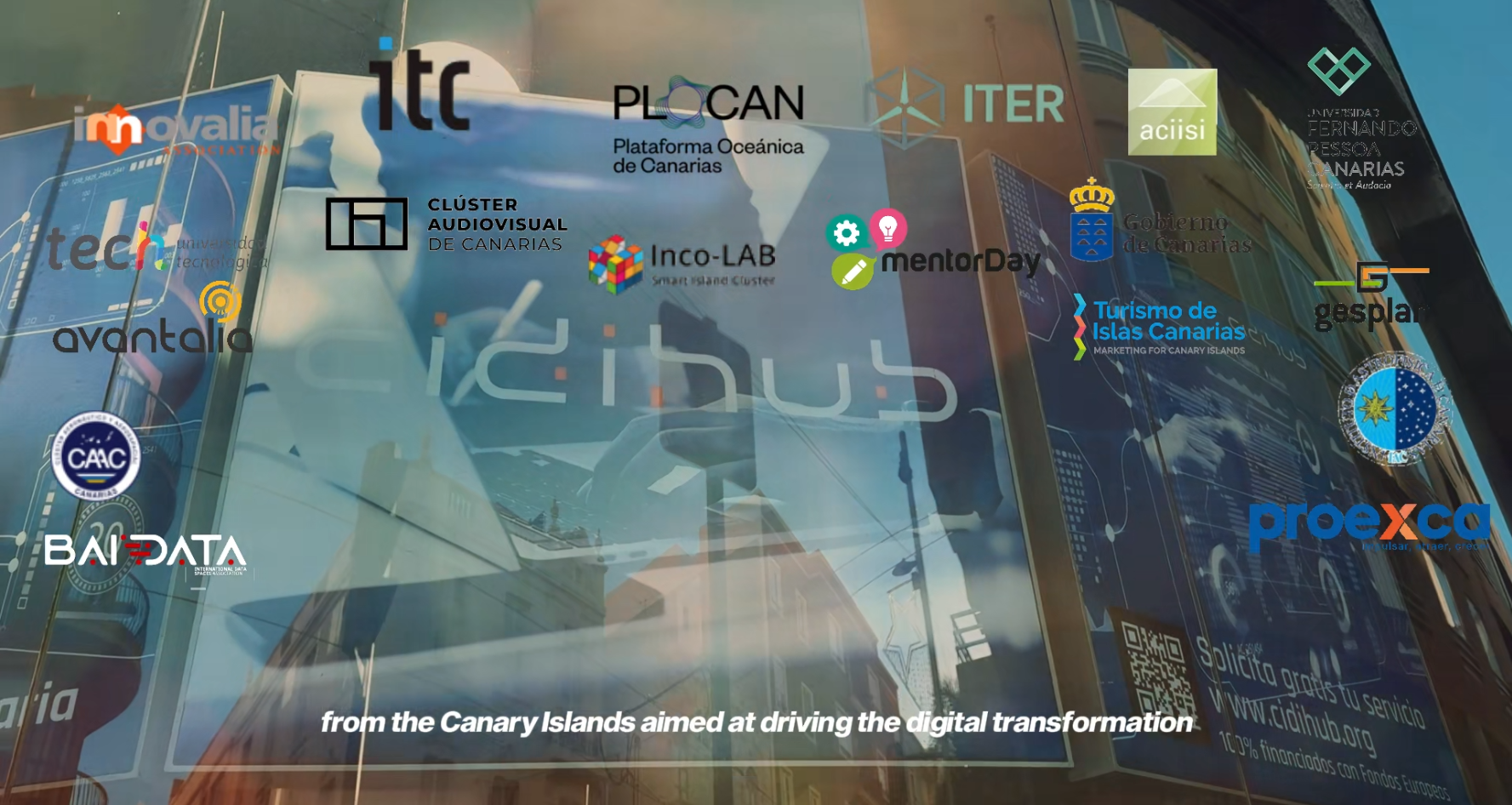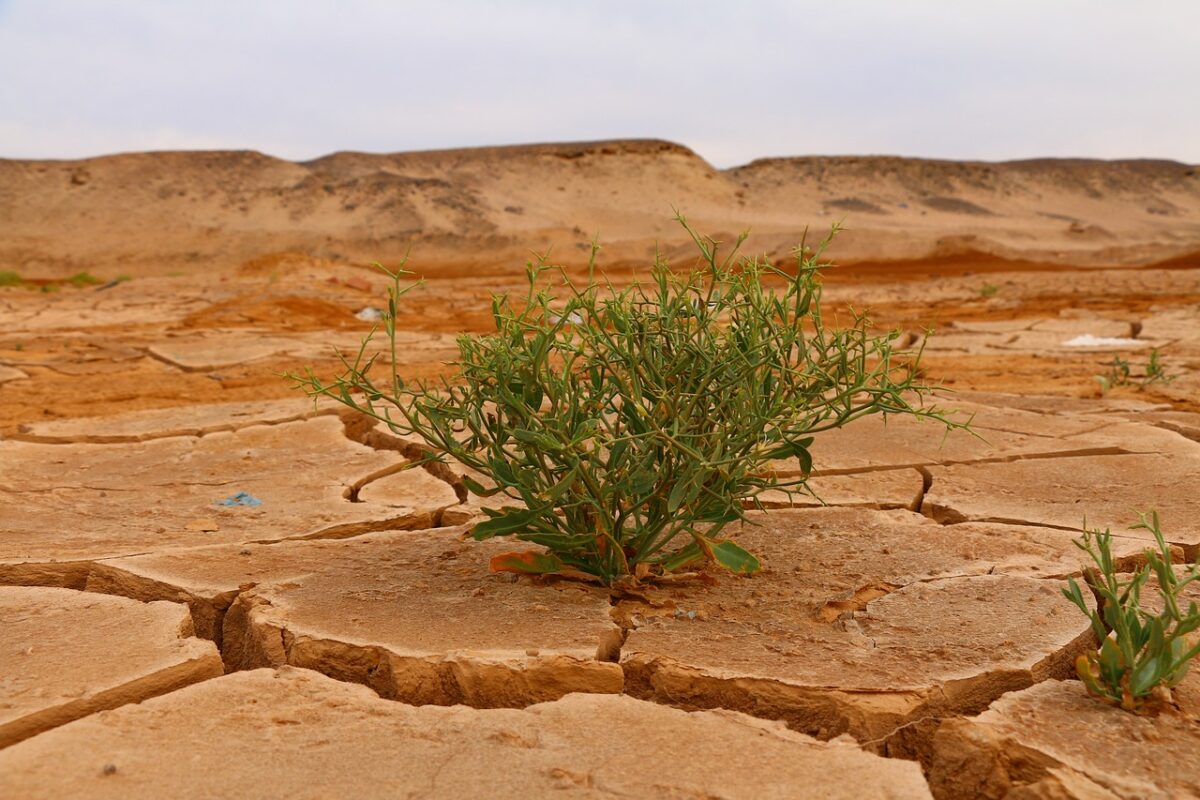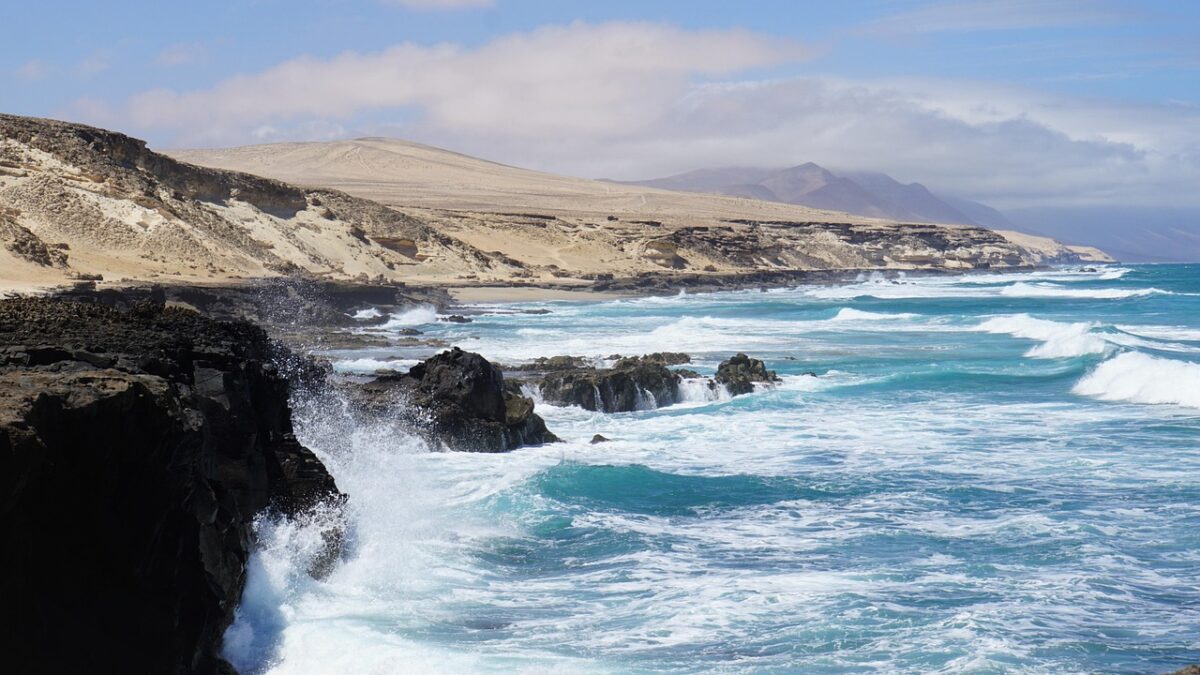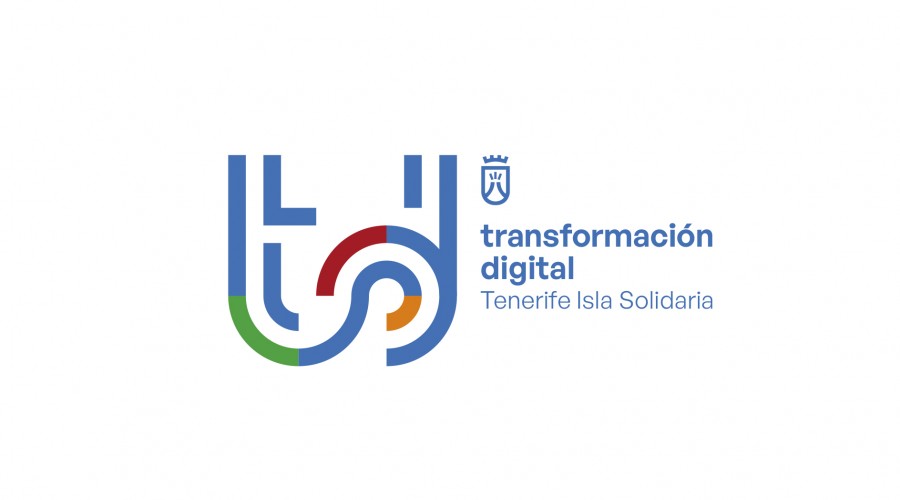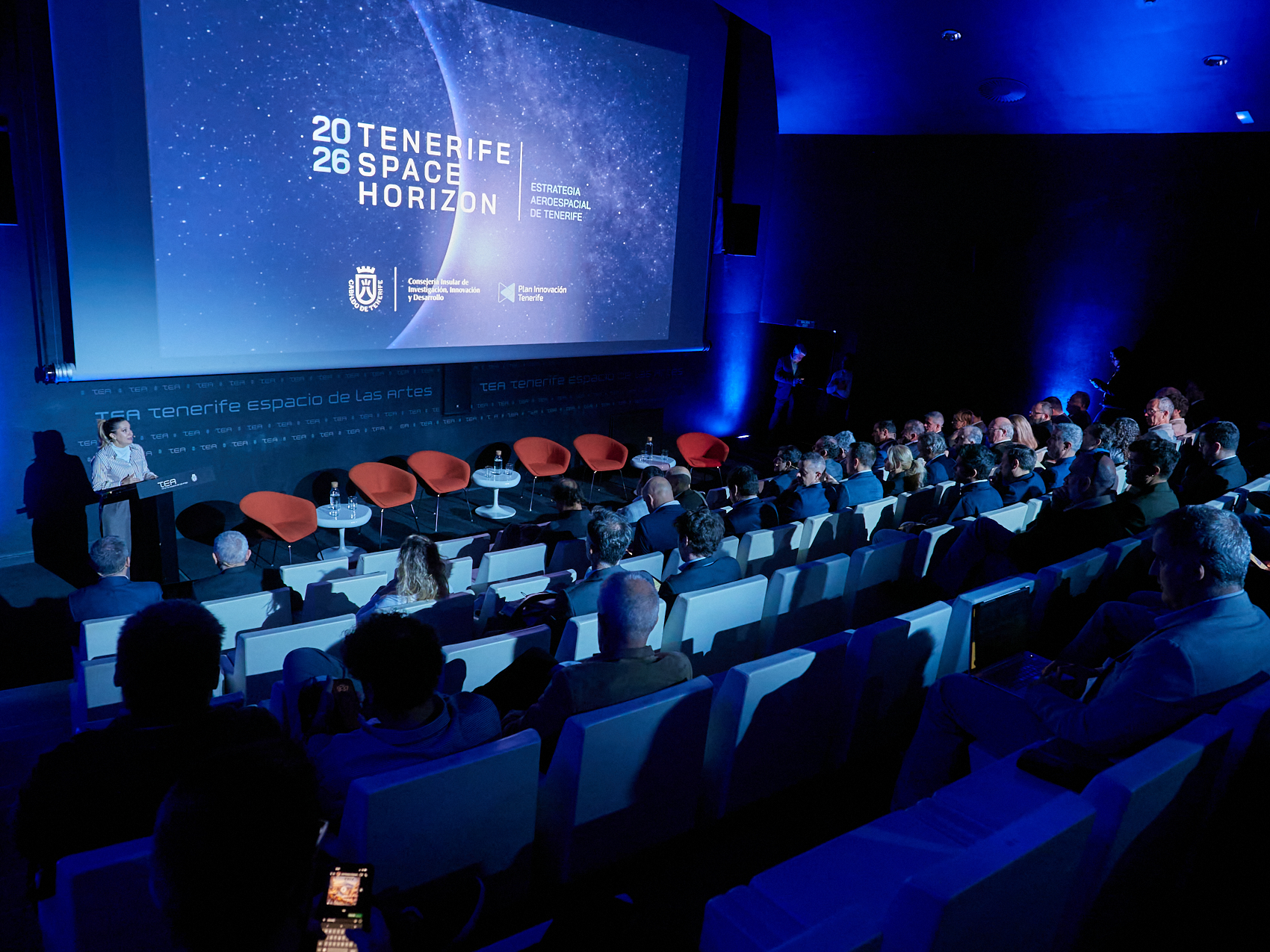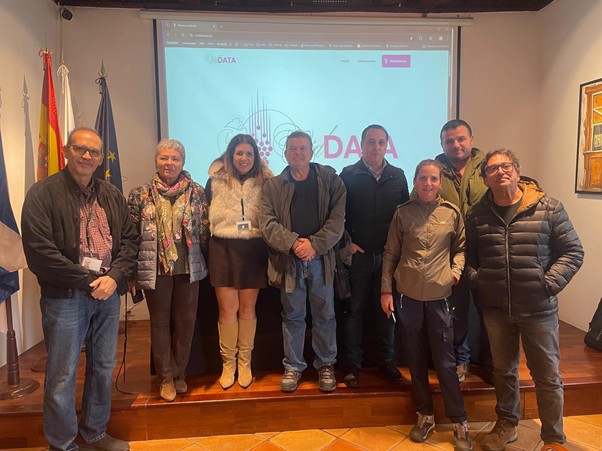Planificación, seguimiento y observación conjunta, mejora del conocimiento y la concienciación ante los riesgos y amenazas del Cambio Climático en la Macaronesia
Deetalles
Acrónimo: PLANCLIMAC
Referencia: MAC2/3.5b/244
Socios:Viceconsejería de Medio Ambiente del Gobierno de Canarias (principal beneficiario), Gobierno Regional de Medio Ambiente de las Azores, Consejería de Medio Ambiente y Recursos Naturales de Madeira, Universidad de Las Palmas de Gran Canaria (ULPGC), Universidad de La Laguna (Universidad Tecnológica y Tecnológica), SAI, Instituto Tecnológico de Canarias (ITC) y Ministerio de Agricultura y Medio Ambiente de la República de Cabo Verde.
Duración: 2019-2022 (36 meses)
Presupuesto: 1.815.199,85 €
Cofinanciación: Programa de Cooperación Territorial INTERREG Madeira-Azores-Canarias (MAC) 2014-2020. 2ª Convocatoria. Eje 3 – Promover la adaptación al cambio climático y la prevención y gestión de riesgos.

Descripción general del proyecto
La adaptación al cambio climático debe entenderse como un proceso continuo, que surge como respuesta anticipada a la modificación de diversos sectores y sistemas terrestres debido a los cambios en el clima y su inestabilidad natural. Por lo tanto, cuando hablamos de un horizonte temporal, este se define por los niveles finales de estabilización de los gases de efecto invernadero en la atmósfera.
Por ello, surge la necesidad de crear una entidad que genere información actualizada sobre la variabilidad de nuestros ecosistemas y territorios, lo que nos permita generar planes de acción dinámicos acordes con los cambios constantes que experimenta el planeta en general y, finalmente, con un carácter duradero en el tiempo.
El objetivo principal del proyecto PLANCLIMAC es aprovechar el conocimiento científico y la capacidad tecnológica de la Región MAC para proporcionar herramientas que faciliten la aplicación de políticas de adaptación y la preparación ante los riesgos naturales inherentes al cambio climático.
Las acciones planificadas se desarrollan en las Islas Canarias, Madeira, Azores y Cabo Verde. El proyecto logra generar una entidad superior a la regional de cada territorio, abarcando una mayor superficie e incluyendo localidades africanas. Sin embargo, debido a las características del proyecto, que combina acciones de mitigación y adaptación al cambio climático, su impacto alcanza tanto a la Macaronesia como al resto de la población mundial.
Specific objetives:
- Specific objetive 1 (SO1): Creating an independent entity called the «Macaronesia Climate Change Observatory», which will take corrective and preventive measures to provide management tools for natural risks caused by climate change in the Macaronesian region.
- Specific objetive 2 (SO2): Improving the knowledge of climate change indicators, physical-chemical, biological and anthropogenic that alert us to adverse natural phenomena.
- Specific objetive 3 (SO3): Raising awareness among the population and socio-economic agents in the MAC region of the risks associated to Climate Change through a programme of training, exchange of experiences and implementation of a plan for adaptation to Climate Change.
Actividades:
O.E. 1: Creación de una entidad autónoma denominada «Observatorio del Cambio Climático de la Macaronesia», que adoptará medidas correctoras y preventivas para proporcionar herramientas de gestión de los riesgos naturales provocados por el cambio climático en la región macaronésica.
- Actividad 2.1.1: Creación del Observatorio del Cambio Climático de la Macaronesia. Definición de los comités y sus funciones. Establecimiento de vínculos entre entidades de características similares que persigan el mismo objetivo general.
- Actividad 2.1.2: Inventario del Cambio Climático de la Macaronesia: Creación de una base de datos de acceso público con toda la información de la Región MAC relacionada con estudios, tesis de investigación, materiales informativos, etc. sobre el cambio climático, elaborados en los últimos 10 años.
- Actividad 2.1.3: Efecto del cambio climático en la desertificación. Análisis de las causas y los procesos que lo generan. Gestión del riesgo de inundaciones en relación con los estudios de los efectos del cambio climático en las inundaciones en zonas costeras y cursos de agua.
S.O. 2: Mejorar el conocimiento de los indicadores del cambio climático, físico-químicos, biológicos y antropogénicos que nos alertan sobre fenómenos naturales adversos.
- Actividad 2.2.1: Configuración del modelo WRF en cada región de interés y obtención de proyecciones climáticas a lo largo del siglo XXI utilizando las condiciones climáticas de Canarias.
- Actividad 2.2.2: Afectaciones al clima y sus efectos en el medio marino macaronésico. Implementación de una red de observación y realización de campañas oceanográficas para determinar valores y variables en indicadores físico-químicos y sus impactos en los organismos y sus ecosistemas.
- Actividad 2.2.3: Análisis de los cambios recientes en la línea de costa y sus consecuencias ambientales. Diagnóstico del origen de los problemas mediante la modelización de «cuencas tipo». Evaluación de la incidencia del cambio climático en la costa analizada y propuesta de medidas para mitigar sus efectos adversos.
O.E. 3: Sensibilización de la población y agentes socioeconómicos de la región MAC sobre los riesgos asociados al cambio climático a través de un programa de formación, intercambio de experiencias e implementación de un plan de adaptación al cambio climático.
- Actividad 2.3.1: Programa PLANCLIMAC de sensibilización, difusión e intercambio de experiencias.
- Actividad 2.3.2: Formación técnica sobre adaptación al cambio climático en la Macaronesia.
Enlaces relacionados:


